When people, especially kids, don’t like certain foods, we chalk it up to being picky. But could it actually be an unconscious rejection of a food to which the body is sensitive, be it an allergy, intolerance, or even celiac disease?
Take me, for example. I wasn’t diagnosed with celiac disease until age 32. After my diagnosis, I reviewed my past for missed clues — could somebody have figured this out earlier? Aside from the obvious symptoms I had as an adult (anemia, stomach problems), I realized that there were subtle clues beginning as a child. One was that I didn’t like foods that contained gluten! Hard to believe, but I didn’t like cereal, pancakes, waffles, donuts (what kid doesn’t like donuts?), bread or cake. I used to ask my mom for steamed rice for breakfast (rice is gluten-free) and at Thanksgiving I always devoured the potatoes (gluten-free) instead of the stuffing or pie (gluten and gluten). In high school, when other kids ordered sandwiches at the deli, I ordered turkey and tomato slices — hold the bread. Surely, my friends thought I was a bit strange! And even as an adult, before my diagnosis, I didn’t choose pasta or pizza or burritos (flour tortillas). Throughout my life I had unconsciously phased some of the gluten out of my diet.
Now, I’m not saying that someone should have diagnosed me with celiac as a child based on this dislike of certain foods, but I think it is good to be aware that if a child or adult has an inexplicable dislike for a food that most people enjoy, it could mean something.
Our allergist told me that if a kid really doesn’t want to eat something, it could signify a food allergy. Perhaps when they had eaten it before, they felt symptoms, even if mildly, that made them not want to eat it again. Maybe parents shouldn’t be forcing their kids to eat certain things, but rather be paying attention to what they naturally want or don’t want to eat.

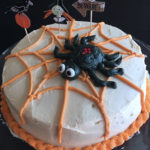
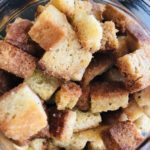
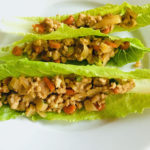
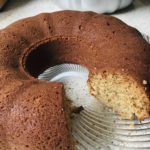
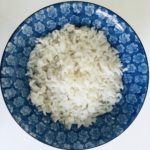
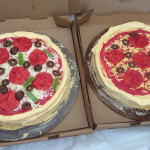
Rebecca says
Wow, I was just the opposite. Gluten-containing foods have always been my favorite! I loved pancakes, waffles, even just bread and butter. I was also diagnosed at 32, and it was heart-breaking. No more of everything that I love!?! Luckily I’ve learned to make some yummy gluten-free substitutes. :~)
alison says
Rebecca,
I’m so glad you commented about your love of gluten-containing foods – I almost included in this post the fact that many people with celiac have an addiction to gluten. That’s the crazy thing about this disease, isn’t it? People can have completely opposite symptoms. Maybe I will write about the gluten addiction in another post. Thanks so much for the reminder. And let me know if you have any favorite recipes to share!
Kristin says
I first wanted to say that it is so true to try and learn the early signs of food sensitivity–when he was 15 mo, my corn-allergic son would say “uck” when we offered it with a meal, and actually eat everything around it (we just figured he didn’t like it, we didn’t know it was making him so sick in all of its “hidden” forms elsewhere in his diet). It was almost a year later that we found out about his allergies.
I also was glad to see Rebecca mention food addiction! Just before “Buzz’s” diagnosis, I read the book, “Is This Your Child?”, by Doris Rapp, and she mentioned addictions to food allergens as well. Strangely, and very contrary to the corn, Buzz actually craved soy. He would refuse anything that wasn’t soy yogurt for a long time. Interestingly (and I’m sure, not without controversy), Ms. Rapp also links alcohol addiction to grain intolerance, and even indicates (again, probably controversial) that people with problems with one brand of beer can often tolerate another brand, derived from a different grain.